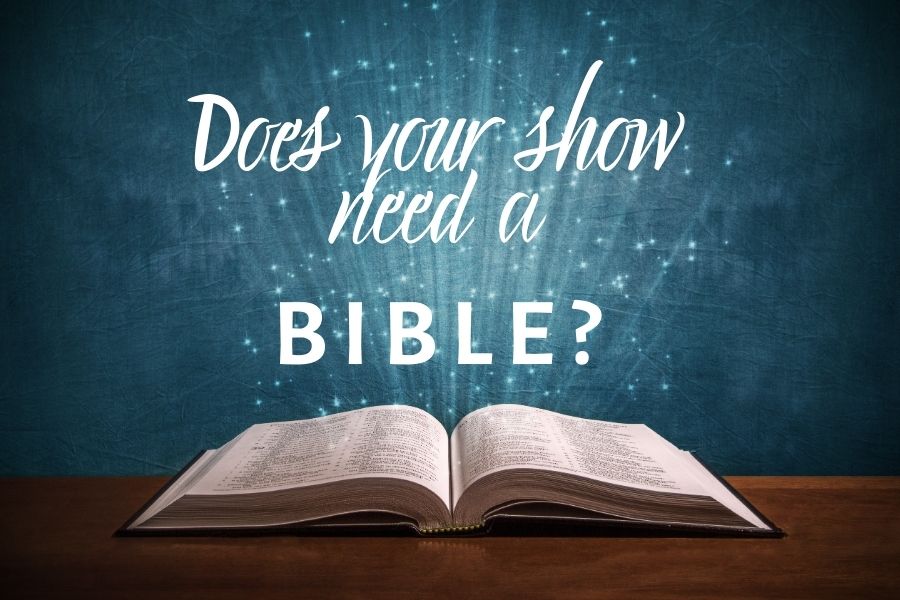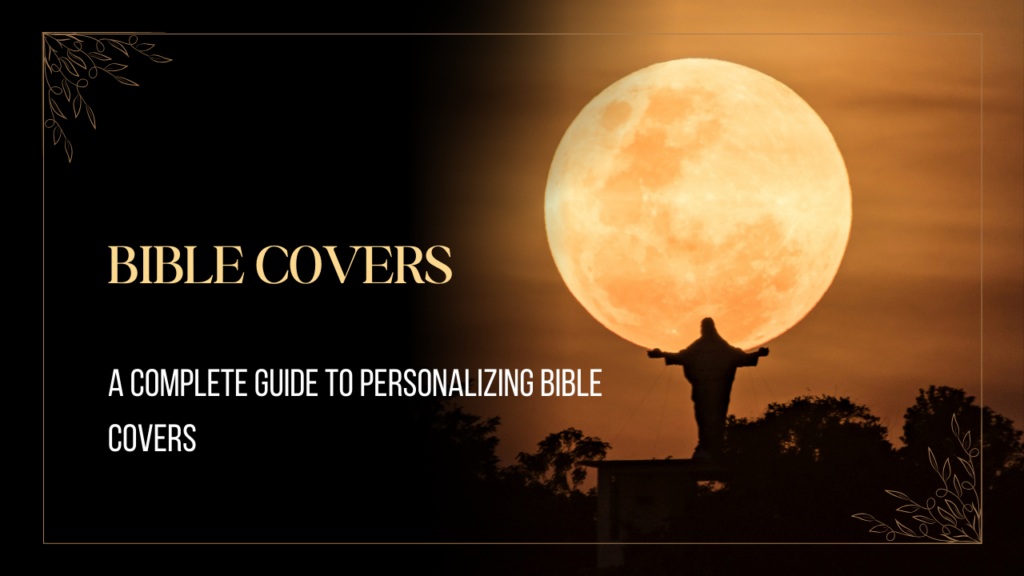An in-depth look at the Bible Belt region, its cultural and religious influence, and how it shapes American society.

What States Are in the Bible Belt?
The “Bible Belt” refers to a region in the United States where evangelical Christianity is a dominant cultural force. Typically, this area spans parts of the Southern and Southeastern U.S., including states like Texas, Oklahoma, Arkansas, Louisiana, Mississippi, Alabama, Tennessee, Georgia, and the Carolinas. Map of the Bible Belt displays these states and illustrates the strong religious influence that characterizes the region.
Religious Influence in the Bible Belt
Religion deeply impacts life in the Bible Belt. Christian churches, particularly Baptist and evangelical denominations, hold significant influence, often shaping public policy, social issues, and cultural values. High church attendance rates and conservative values are prominent here, affecting areas such as family life, education, and healthcare decisions.
How Religion Shapes Politics in the Bible Belt
The Bible Belt’s political landscape leans conservative, with religious beliefs often guiding political choices and values. During election seasons, Bible Belt states frequently vote for candidates who advocate for traditional values and policies that align with Christian teachings. This region has a considerable impact on U.S. elections and national policies, especially regarding social issues like marriage, education, and healthcare.
Demographics and Lifestyle in the Bible Belt
Demographically, the Bible Belt has a predominantly Christian population, and many residents lead lives heavily influenced by church activities and religious teachings. Family values are central, and communities are typically close-knit. However, living in the Bible Belt as a non-Christian can feel challenging due to the region’s strong religious culture. Nonetheless, the Bible Belt remains diverse, with some differences among urban and rural areas.
Top Tourist Destinations in the Bible Belt
The Bible Belt offers a unique blend of historical and religious sites, making it an interesting destination for travelers. From the historic churches of Charleston, South Carolina, to the Christian music festivals in Nashville, Tennessee, the region is rich in cultural heritage. Faith-based tourism is common, with visitors exploring religious landmarks and community events throughout these states.
Education and Religion in the Bible Belt
Religion plays a significant role in the education system of the Bible Belt. Private religious schools are popular, and in public schools, there are ongoing debates regarding the teaching of evolution and creationism. The Bible is often studied as part of the curriculum in religious schools, and many communities support including Christian values in educational content.
Economic and Political Influence of the Bibles Belt
The economy of the Bibles Belt is diverse, including agriculture, manufacturing, and a growing service sector. Religion also contributes to the economy, especially through faith-based businesses and community-driven initiatives. Politically, the Bibles Belt is influential due to its conservative voting patterns, which can sway national policies, especially in social and economic issues.
Stereotypes and Misconceptions about the Bibles Belt
The Bibles Belt is often stereotyped as strictly conservative and highly religious. However, these generalizations overlook the region’s diversity. While religion is indeed influential, not all residents adhere to conservative values. Misconceptions about the Bibles Belt can paint an incomplete picture, as the region includes various beliefs and lifestyles, with growing acceptance of diverse perspectives in larger cities.
Healthcare and Lifestyle in the Bibles Belt
Healthcare in the Bibles Belt reflects both religious influence and economic challenges. Some communities face high rates of chronic conditions, and mental health services are sometimes limited due to cultural stigmas. The lifestyle in the Bibles Belt is often described as traditional and family-oriented, but new trends are emerging as the region becomes more connected to national health and wellness movements.
The History of the Bible Belts
The term “Bible Belts” originated in the early 20th century to describe the strong influence of evangelical Christianity in the South. Over the decades, the region has remained steadfast in its religious identity, even as other parts of the country have secularized. From the Civil Rights Movement to debates over social policies, the Bible Belts has played a crucial role in shaping American history and values.
The Bible Belt’s Role in American Religious History
The Bible Belt’s legacy is one of deeply held beliefs that continue to impact American society. From its origins to the present day, the Bible Belts has been a stronghold of faith, family, and tradition. Its influence on the American religious landscape is profound, marking it as one of the most unique cultural regions in the country.

